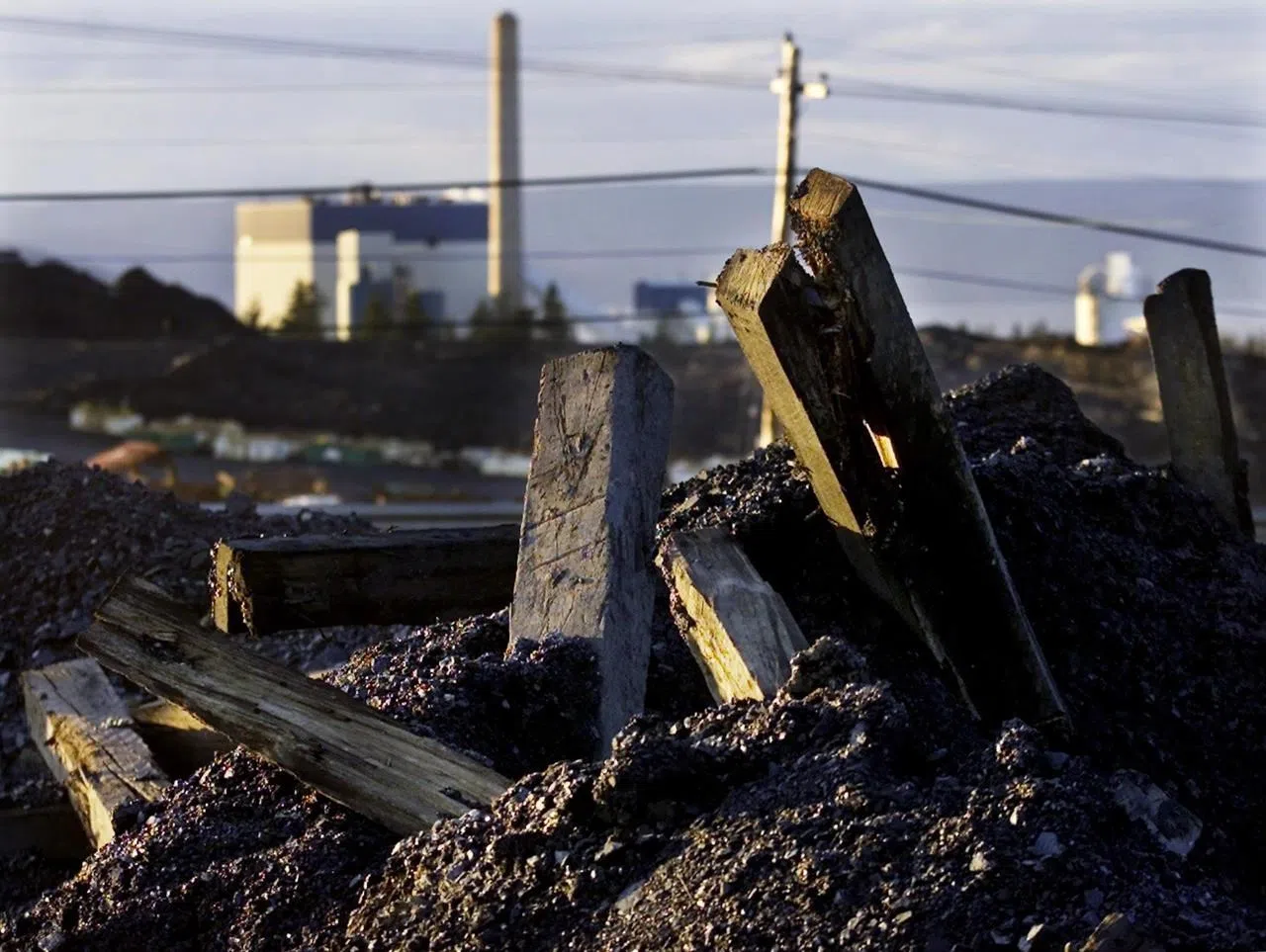
No more coal investments for Export Development Canada, new policy says
OTTAWA — Canada’s export-development bank is getting entirely out of the coal game but will continue to fund the oil-and-gas sector as the world transitions towards cleaner sources of energy.
Export Development Canada’s new climate-change policy means the agency that helps Canadian companies with capital to expand their businesses internationally will no longer provide any funding for anything to do with thermal coal, such as supplying equipment to coal-fired power plants or coal mines.
Thermal coal is the type burned to create electricity and is distinct from metallurgical coal, used to make steel.
The agency reduced its support for thermal-coal projects in 2017 following advice from the Organization for Economic Co-operation and Development but continued to fund certain projects in developing countries, arguing that sometimes coal was the cheapest and most efficient means of producing electricity in countries that desperately needed it.


